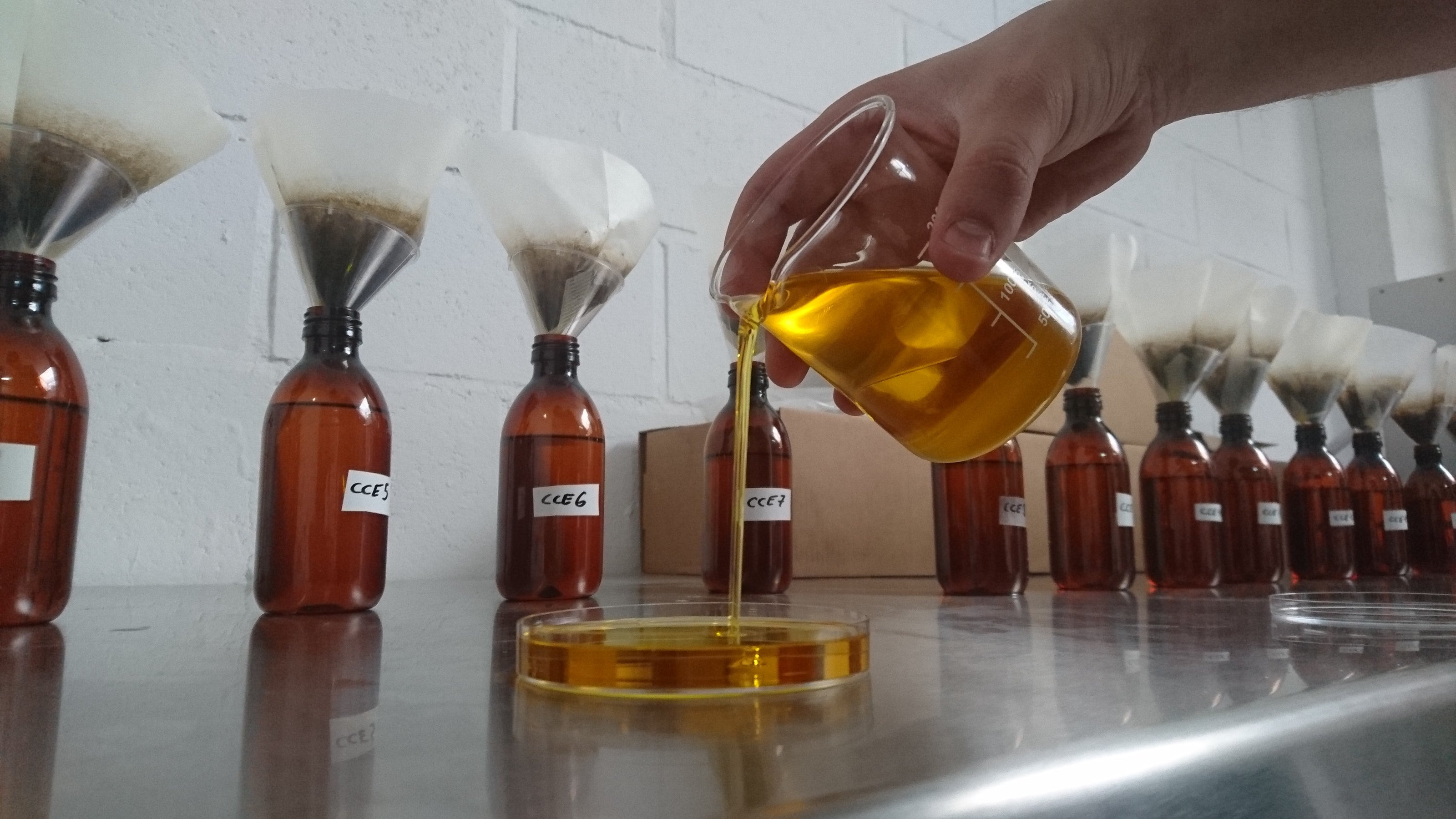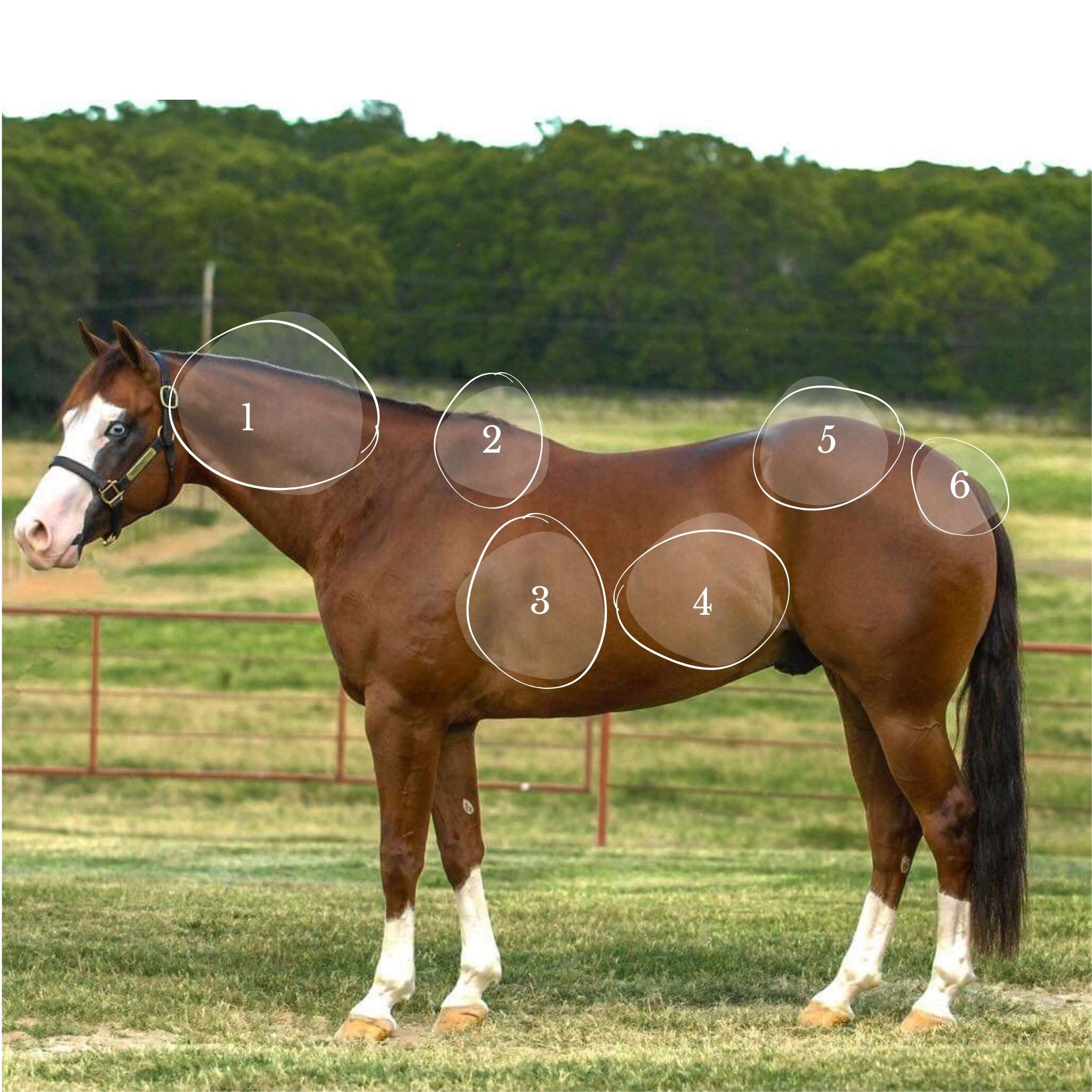Welcome to Excel Supplements – Premium Care for Horses and Dogs
Your Trusted Source for High-Quality Pet Supplements
At Excel Supplements, we specialize in providing top-quality supplements for horses and dogs. As industry leaders, we focus on delivering essential omega fatty acids and natural antioxidants to enhance the well-being of your beloved animals.
About Us: Excellence Since 2007
Founded in 2007 by Tabitha Smith and Sam Huttenbauer, Excel Supplements has rapidly established itself as a leading producer of camelina oil for horses and dogs. Our mission is to offer exceptional products that promote joint mobility, healthy skin and coat, and overall vitality.
Our Product Range
ExcelEQ and ExcelK9 are our flagship products, meticulously formulated to deliver optimal results. Our supplements are designed to meet the specific nutritional needs of your animals, ensuring they thrive and maintain their best health.
Research-Backed Formulations
At Excel Supplements, we prioritize scientific research in our product development. Our supplements are crafted with the highest quality ingredients and supported by extensive research. We provide detailed information on each product’s composition and benefits to ensure transparency and trust.
Rigorous Quality Testing
Every batch of our supplements undergoes thorough testing to meet stringent quality and purity standards. We are committed to offering products that are not only effective but also safe and reliable.
Exceptional Customer Service
Customer satisfaction is at the heart of what we do. Our dedicated team is here to provide outstanding support and answer any questions you may have. We strive to make your experience with Excel Supplements seamless and enjoyable.
Thank You for Choosing Excel Supplements
We appreciate your trust in us as your partner in animal nutrition. Explore our range of high-quality supplements today and discover how Excel Supplements can enhance the health and well-being of your horses and dogs.
-

Clinical Studies
Read Research -

Equine Blog
Read Articles -
Canine Blog
Read Articles


